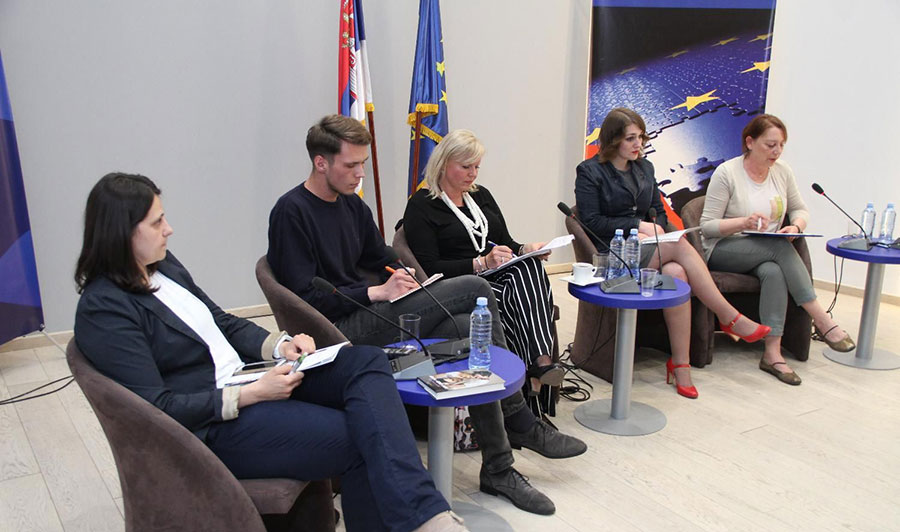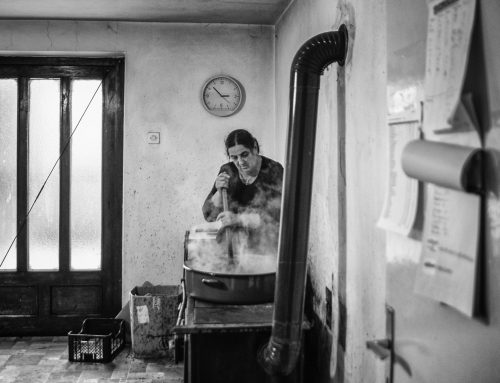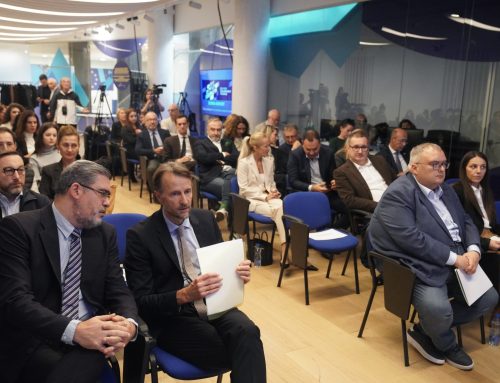In Serbia, there is a lack of dialogue and education about LGBT population and their rights as well as will among relevant authorities to hunt down and duly prosecute the perpetrators of hate crimes, said the participants in the panel “Homophobia – biases and the state’s response,” held on the occasion of 17 May, the International Day Against Homophobia, Transphobia and Biphobia.
Head of the political sector at the EU Delegation to Serbia Noora Hayrinen said that certain improvements had been made in recent years as regards the status of LGBT persons in Serbian society.
“Previous Pride Parade in Belgrade was held without any incidents, the state of play has improved in recent years, but Serbia still has a long way to go when it comes to exercise of LGBT rights,” Hayrinen said, adding that through the negotiating chapter 23, the EU closely monitors the way relevant authorities in Serbia deal with hate crimes.
She said that it is important to educate citizens about LGBT persons from an early age so as to teach them to understand and respect them and their rights.
Milena Vasic of Yucom said Serbia was faced with institutional homophobia. “It seems that there is a will to prosecute the assailants of hate crimes, but the institutions are continuously discouraging citizens to report cases of violence against LGBT population,” Vasic said.
“There is only one case where the perpetrators of a hate crime have been found. Since 2012, however, no sentence has been handed down invoking an article that suggests a more severe punishment for such crimes,” Milena Vasic said.
She said that institutions discouraged people to report cases of violence.
“When you look at the bigger picture, when you take into account everything that reaches the general public about assaults on LGBT persons, what we actually see is that institutions are systematically discouraging people to report such cases. LGBT population remains invisible to such an extent that prevents us to produce statistics on reported assaults,” Vasic said.
The representative of the European Movement in Serbia Youth Forum Djordjo Cvijovic noted that there was an even greater challenge than the institutional homophobia – the wide-spread social homophobia.
“We need more dialogue and education, particularly when it comes to educating young people about LGBT rights. It does not suffice to speak about those rights only during the Pride Parade season or on the occasion of the International Day against Homophobia,” Cvijovic said, pointing to the pejorative depiction of the LGBT population in Serbian media.
Milica Nikolic of the Scandinavian Corner said that the Corner would publish a book penned by several Norwegian female authors that dealt with parenting from the same-sex marriage point of view.




